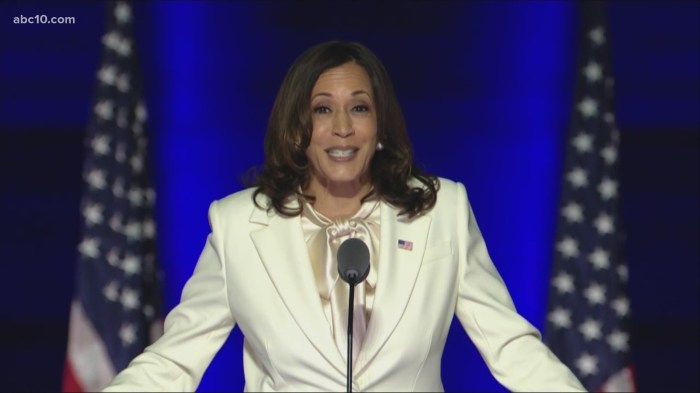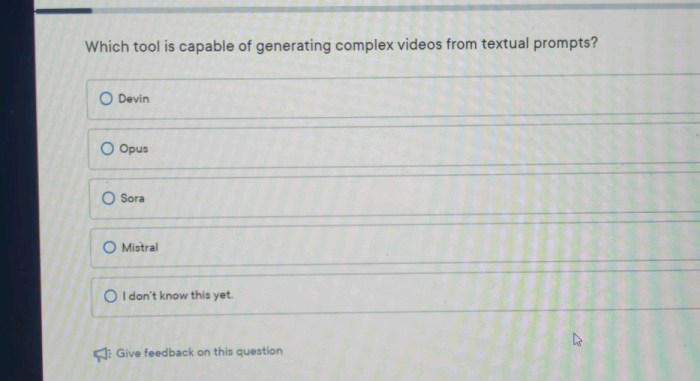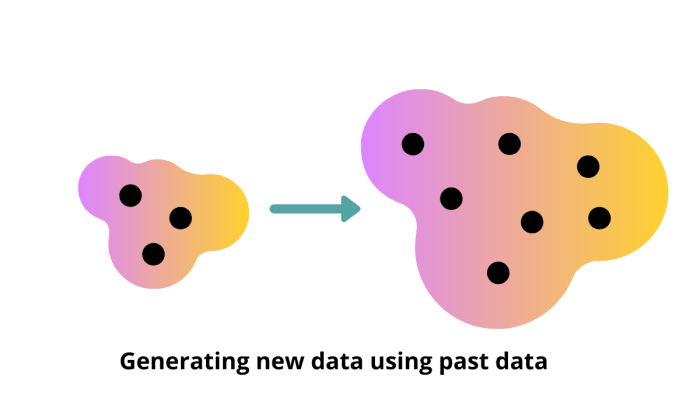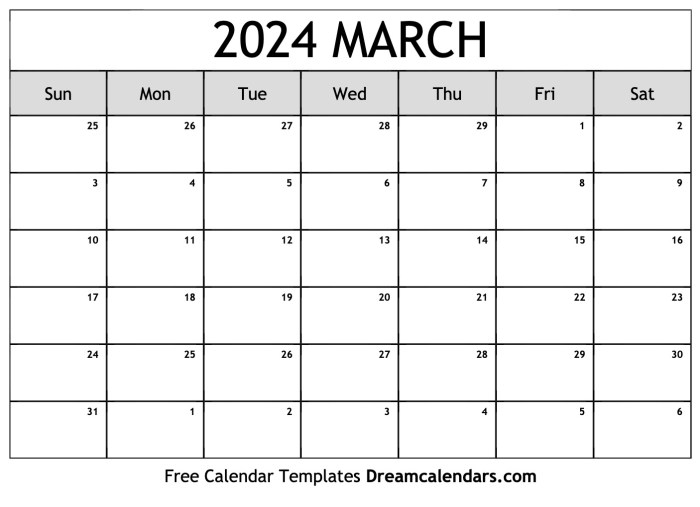The Election of 2008 Was Historically Significant for Women Because of its Impact on Representation and Rights
The election of 2008 was historically significant for women because it marked a turning point in American politics, showcasing increased female representation and a renewed focus on women’s rights. The election of Barack Obama, the first African American president, sparked hope and optimism for marginalized communities, including women, who saw their voices amplified in the political landscape.
This election witnessed a surge in the number of women elected to Congress, breaking historical barriers and demonstrating the growing influence of women in government. The election also saw the rise of prominent female figures in Obama’s campaign, highlighting their crucial roles in shaping strategy and mobilizing voters.
The election’s significance for women extended beyond representation, as Obama’s campaign promises and subsequent policies focused on advancing women’s rights and addressing gender-based inequalities.
The Role of Women in Obama’s Campaign: The Election Of 2008 Was Historically Significant For Women Because

The 2008 presidential election was a watershed moment for women in American politics. Not only did the election of Barack Obama mark the first time a Black man was elected President, but it also saw a significant increase in the number of women in key positions within the campaign organization and strategy.
Women played a vital role in Obama’s victory, contributing their expertise, leadership, and energy to a campaign that resonated with voters across the country.
Women in Leadership Positions
Women played prominent roles in Obama’s campaign leadership. They served as campaign managers, strategists, and advisors, shaping the campaign’s message, strategy, and outreach efforts. These women brought diverse perspectives and experiences to the campaign, contributing to its success.
- Valerie Jarrett, a close advisor to Obama, served as the campaign’s chief executive officer, overseeing the campaign’s operations and strategy.
- Penny Pritzker, a businesswoman and philanthropist, was a key fundraiser for the campaign, bringing in significant financial resources.
- Donna Brazile, a political strategist and commentator, served as the campaign’s manager for voter outreach and engagement.
- Stephanie Cutter, a veteran political strategist, was a key advisor to Obama, helping to shape the campaign’s messaging and strategy.
Women’s Impact on Mobilizing Female Voters, The election of 2008 was historically significant for women because
Women’s involvement in Obama’s campaign was crucial in mobilizing and energizing female voters. Women made up a significant portion of Obama’s base of support, and their participation in the campaign was critical to his victory. Women’s issues, such as healthcare, education, and economic equality, were central to Obama’s campaign message, and women were actively involved in promoting these issues and engaging female voters.
- Women’s Issues at the Forefront:Obama’s campaign platform addressed issues of critical importance to women, including affordable healthcare, quality education, and equal pay. This resonated with female voters, who were eager for a leader who would champion their concerns.
- Female Campaign Staff:The presence of women in key leadership positions within the campaign fostered trust and confidence among female voters. Seeing women in positions of power within the campaign signaled that Obama valued women’s voices and perspectives.
- Women’s Outreach Efforts:Female campaign volunteers and organizers played a critical role in reaching out to women voters, sharing the campaign’s message and encouraging them to participate in the election.
Final Wrap-Up
The 2008 election served as a powerful symbol of progress for women in American politics. It not only demonstrated the growing power of female voters and candidates but also fueled a renewed commitment to advancing women’s rights and ensuring their equal participation in all aspects of society.
The election’s legacy continues to inspire future generations of women to pursue leadership roles and fight for gender equality.






